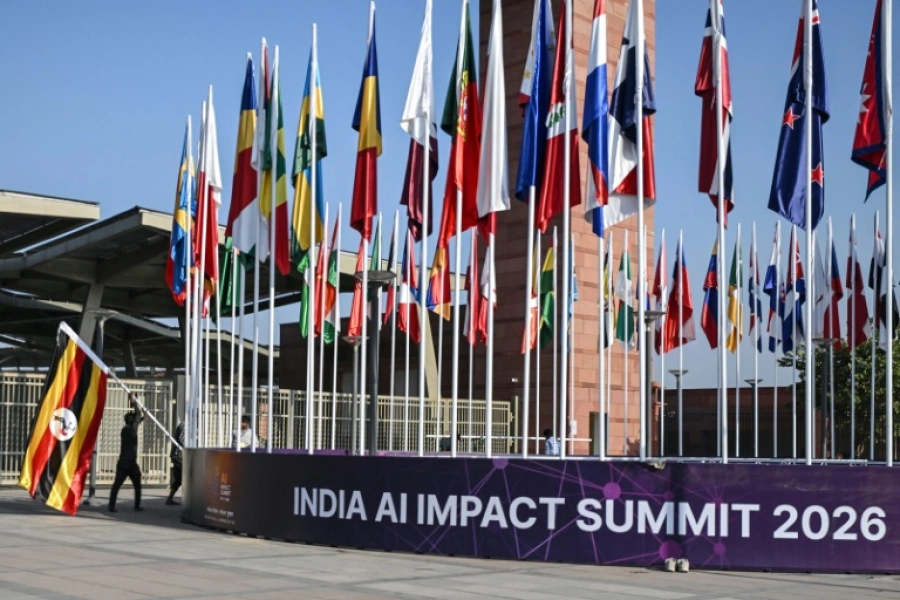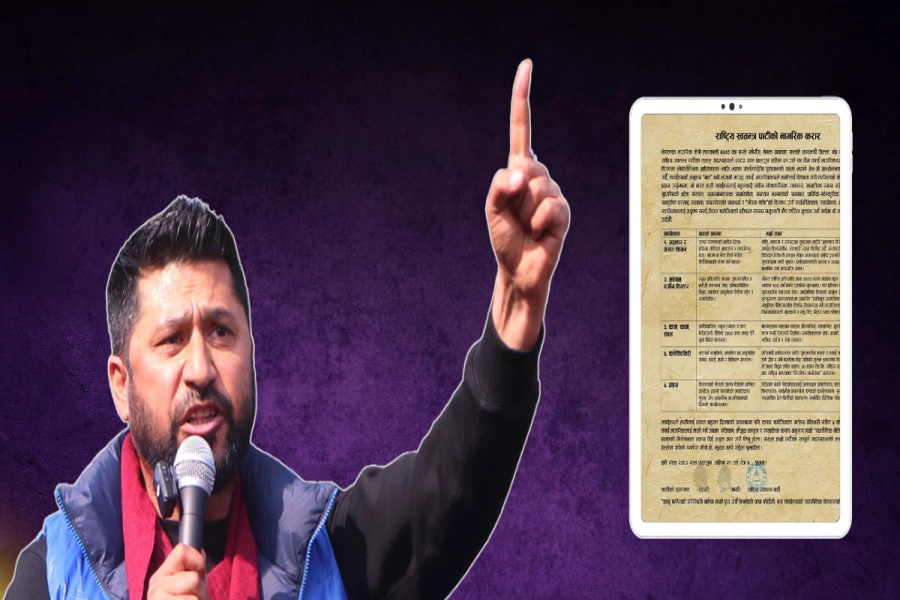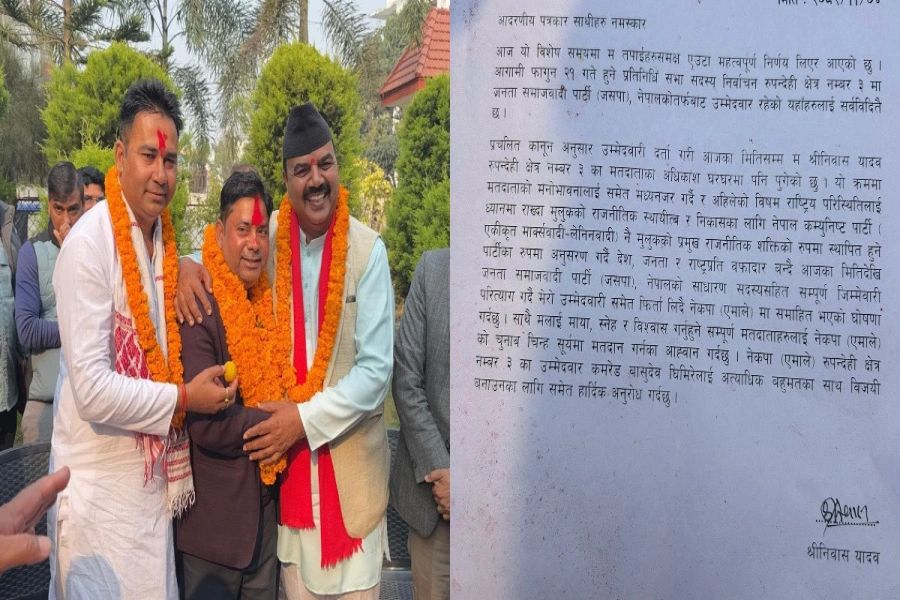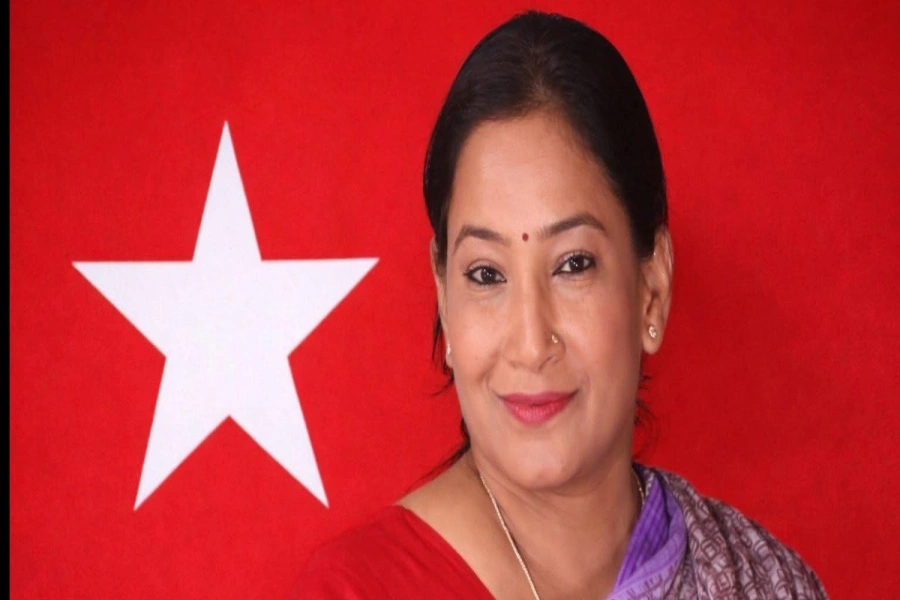Disgruntled group forms new body
KATHMANDU, Dec 25: Dismayed by recent moves to form a high-level mechanism for resolving conflict-era cases, a group of conflict victims has formed a separate organization, further complicating the long-delayed transitional justice process.
Conflict victims united under the newly formed Conflict Victims’ National Alliance for Justice (CVNAJ) have accused the leadership of the Conflict Victim’s Common Platform (CVCP) of compromising the justice delivery process under pressure from ‘some interest groups’.
Ram Bhandari, Gita Rasaili, Sabitri Shrestha, Devi Sunuwar, Gopal Shah and Phanindra Luitel are in a new organization. Bhandari, a conflict victim and co-founder of CVCP, said they have already started forming separate organizations of conflict victims in the districts.
“Some power players have used the conflict victims to hijack the issue of transitional justice. The victims’ right to justice will be sabotaged as the concept of a mechanism is aimed at barring the existing commissions from investigating conflict-era cases and identifying the perpetrators,” said Bhandari, adding that the new conflict victims’ organization will be announced formally on Wednesday amid a function in Kathmandu.
Conflict victims threaten to ask UN to intervene in TJ process

CVCP President Bhagiram Chaudhari, however, expressed serious concern over what he said were efforts to divide the conflict victims. The concept of a mechanism, according to him, was aimed at easing the protracted transitional justice process, not at compromising justice.
“Since resolving the issue of transitional justice is not possible without political ownership we have sought commitment to ending the transitional justice process first. Then, an experts’ mechanism will formulate new policy to expedite the transitional justice process,” he said adding, “So far, it is undecided what to do about the existing commissions. Some people are creating an illusion in vain.”
Differences among the conflict victims deepened after the CVCP floated a charter proposing possible ways to deal with the transitional justice process.
The charter unveiled after a series of discussions from local to central level urged the political parties to renew their commitment for ending the conflict-era cases, form a powerful high-level mechanism and revise the existing laws so that, according to it, the cases could be settled in time without compromising justice for the victims.
Also, the charter has sought the restructuring of the existing commissions—Truth and Reconciliation Commission and Commission of Investigation on Enforced Disappeared Person--ensuring the participation of conflict victims in decision making at transitional justice bodies.
“So far, the government treated us as service seekers whereas we are the main stakeholders of transitional justice. So, we are seeking our real role in a new mechanism. This is the key issue of the charter,” said Chaudhari.
Conflict victims privy to the development say a group of lawyers are drafting a new law on how to replace the existing transitional justice bodies in line with the charter endorsed by a gathering of conflict victims held in Kathmandu last month.
Over 65,000 complaints related to human rights violations during the Maoist armed insurgency are pending at the TRC and CIEDP since the last four years. Of the total 3,193 cases related to disappeared persons, CIEDP has completed preliminary investigations for around 2,000 cases. Of those disappeared during the insurgency, 14 individuals have since come into contact with their families.
The TRC, however, is lagging behind in terms of investigating the complaints. Out of a total conflict-era complaints filed at the TRC it has completed preliminary investigations into 3,500 as of now.


































